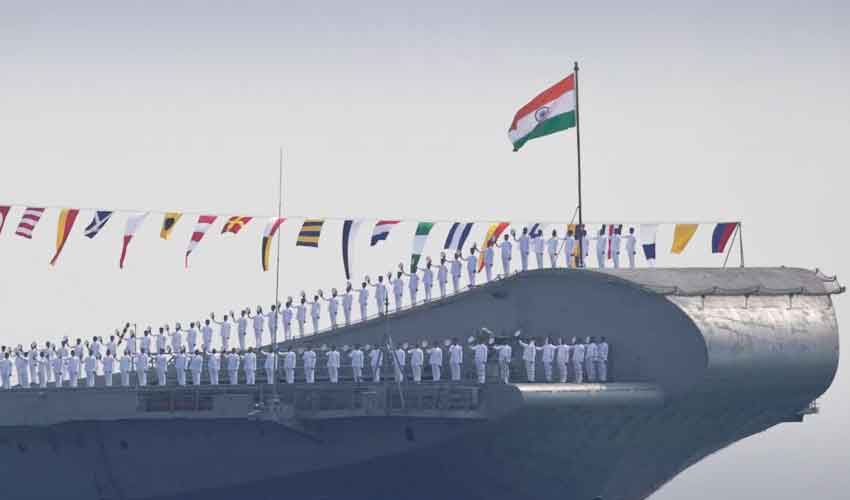The Indian Navy has been marred by a string of accidents in recent years, raising serious questions about its safety practices and overall competence.
According to a report by India Today, the navy has suffered a staggering 26 major accidents over the past few years, translating to roughly one warship lost every five years and one trained officer or sailor killed every two years due to negligence.
Negligence, Inadequate Training Pinpointed as Culprits
Investigations into these accidents have often pointed to substandard maintenance and inadequate training of captains as key contributing factors. A 2014 report by India Today cited the example of 21 officers and men who perished in 11 accidents that year alone, highlighting the alarming frequency and lethality of these incidents. More recently, on March 8, 2023, an Indian Navy helicopter tragically sank and was destroyed in the Arabian Sea, further adding to the growing list of mishaps.
Concerns rise over #IndianNavy's safety record, with 26 major accidents in recent years.
— SAMAA TV (@SAMAATV) January 2, 2024
Report reveals: 1 warship lost every 5 years; an officer or man every 2 due to #negligence.
In addition to this, #Pakistan tracked #Indiansubs in its waters 4 times in 6 years#SamaaTV pic.twitter.com/yinQQOsftT
High-Profile Incidents Raise Alarm Bells
Several high-profile accidents have drawn particular attention and scrutiny. On January 18, 2022, three sailors were killed in an explosion onboard the INS Ranveer, a frigate, while in October 2017, India's only nuclear submarine, the INS Arihant, suffered a major mishap attributed to negligence. Perhaps the most devastating incident occurred in February 2014 when fire engulfed the submarine INS Sindhuratna, taking the lives of seven sailors, including two officers. This tragedy ultimately led to the resignation of the then-Indian Navy chief, Admiral DK Joshi.
Pakistani Tracking Exposes Potential Vulnerabilities
Adding to the concerns surrounding the Indian Navy's performance is the fact that Pakistan has reportedly tracked Indian submarines in its waters on four separate occasions within the last six years. This ability to detect and monitor Indian underwater assets raises questions about the effectiveness of the navy's stealth capabilities and overall operational readiness.
Urgent Need for Reform and Transparency
The Indian Navy's recent spate of accidents and operational shortcomings paint a concerning picture of a force struggling with critical issues. To regain public trust and ensure the safety of its personnel, the navy must prioritize thorough investigations into past incidents, implement stricter safety protocols, and invest in comprehensive training programs for its officers and sailors. Additionally, greater transparency and accountability regarding accidents and operational vulnerabilities are crucial to rebuild public confidence and demonstrate a commitment to improvement.



























